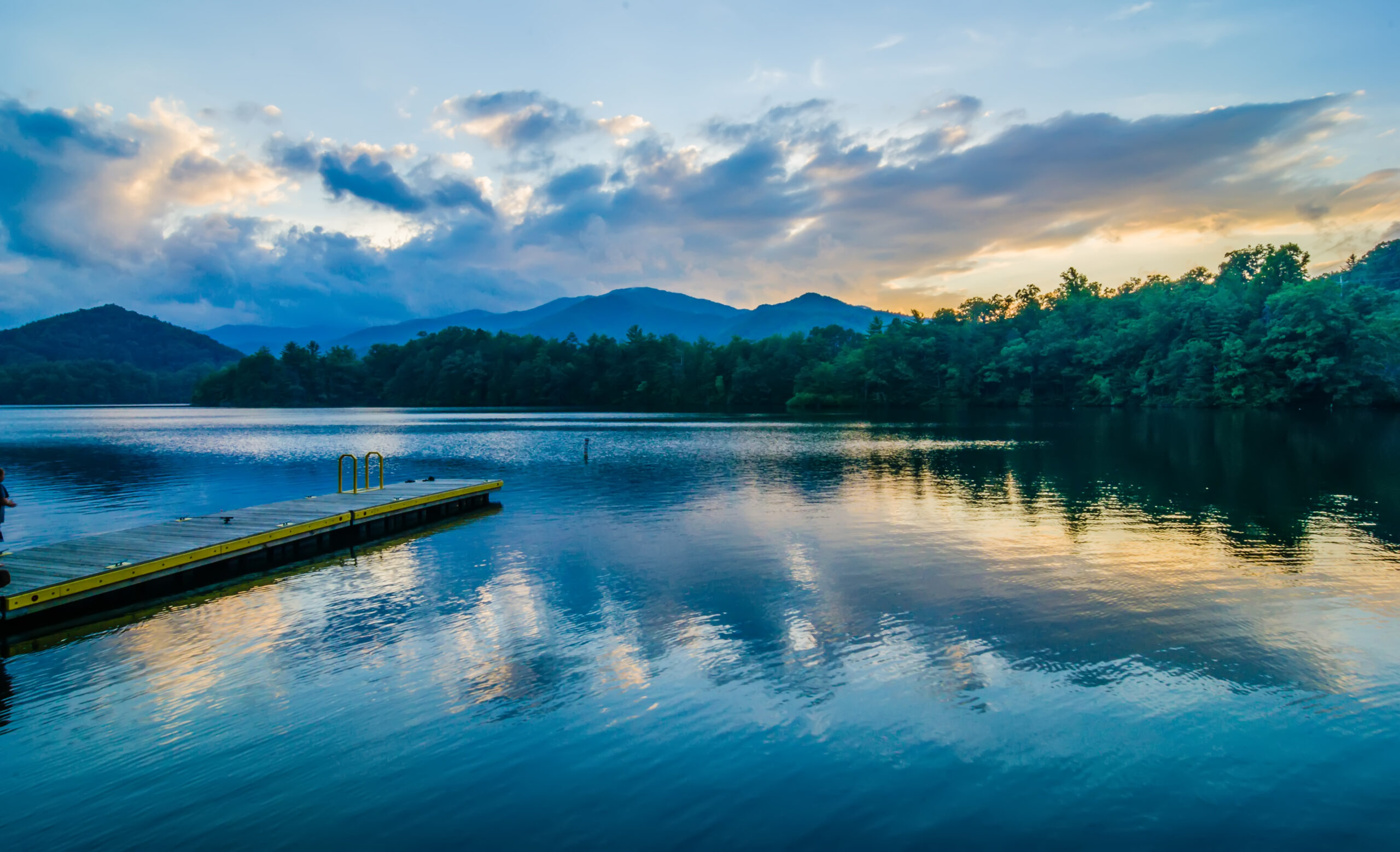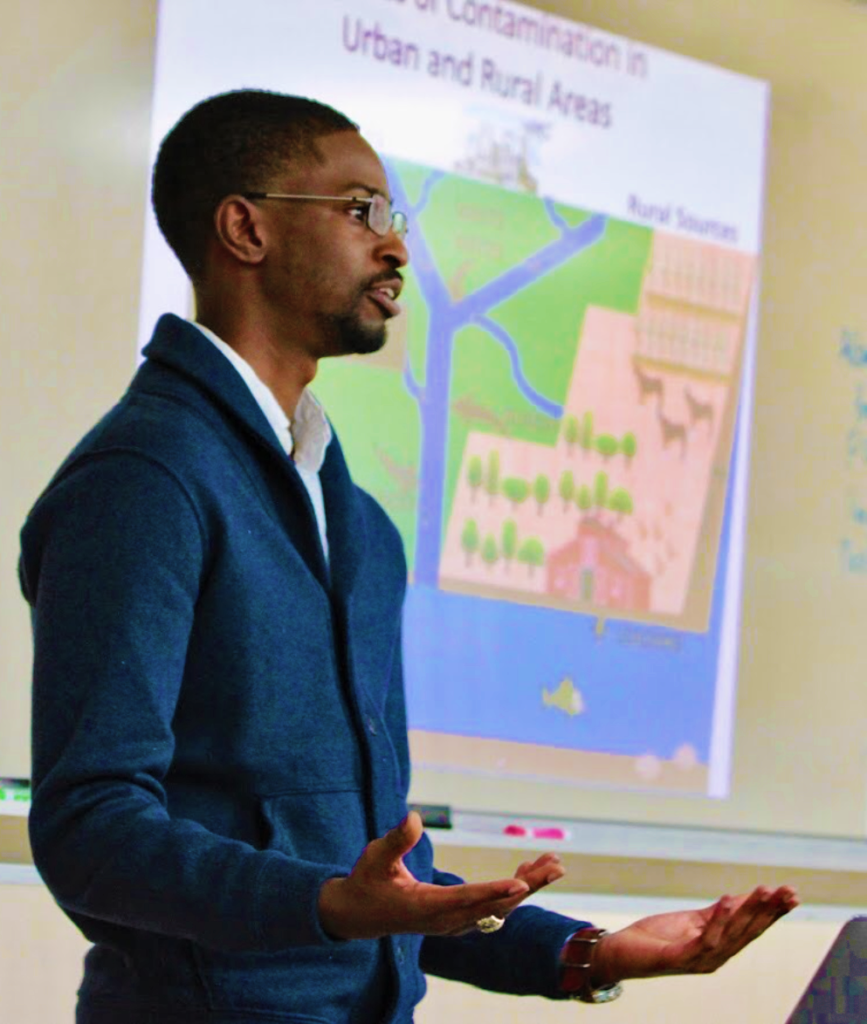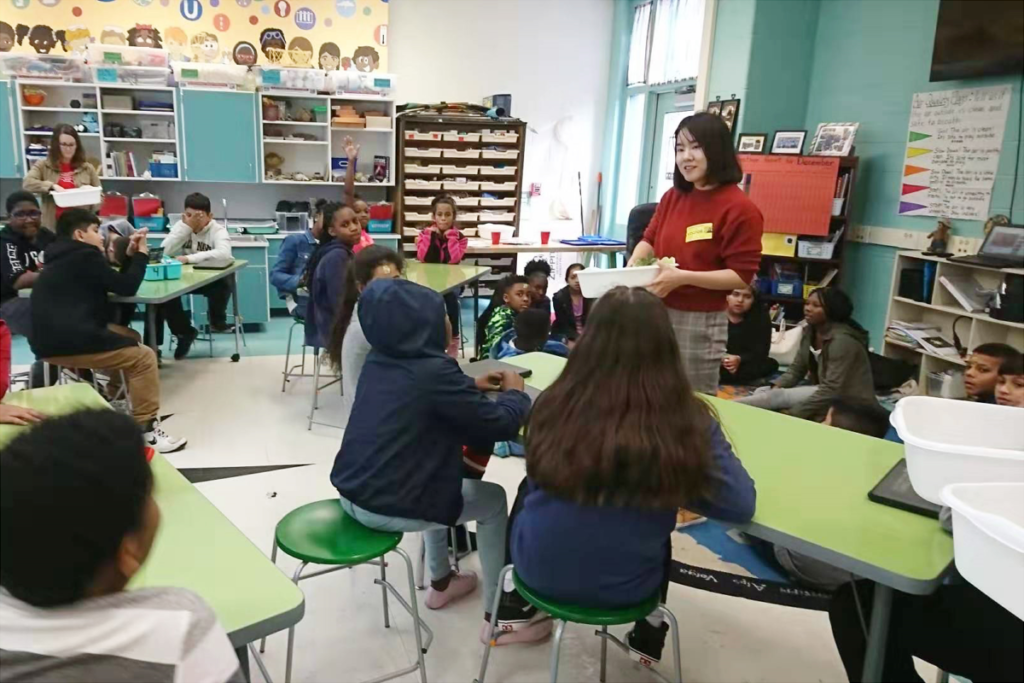
Diversity, Equity, Inclusion, Justice and Accessibility
Our vision
North Carolina’s Water Resources Research Institute champions the values of diversity, equity, inclusion, justice and accessibility (DEIJA). In order to expand, innovate and maximize our program’s effectiveness, we recognize we must embed these values in our organizational expectations and daily operations.
In addition, as North Carolina’s population continues to grow and diversify, our program’s relevance in the state increasingly will rely on how well we embody DEIJA.
We also recognize that societal barriers and challenges mean that we must initiate intentional measures if we hope to fully realize diversity, equity and inclusion in all aspects of our programmatic portfolio.
Our Strategic Goals
- Proactively recruit, retain, and prepare a diverse workforce that reflects diversity across all levels of our organizational structure.
- Engage and serve communities and partners that are representative of all North Carolinians.
- Strive to create and facilitate research opportunities that equitably fund underserved universities, faculty, and students.
- Fund research projects with real-world outcomes that benefit underserved communities.
We value DEIJA in many forms
Diversity

Our program celebrates people of all ages, races, ethnicities, national origins, gender identities, sexual orientations, disabilities, cultures, religions, citizenship types, marital statuses, education levels, job classifications, veteran status types, income and socioeconomic status types. We remain committed to increasing the diversity of our grantees, our program’s workforce and the workforce of the communities we serve. Additionally, we recognize our responsibility to increase the training and development of workforces in under-represented communities.
Equity
Our program remains committed to equal opportunity for people of all backgrounds and abilities. We welcome participation and leadership from all people from all communities, including those that have been traditionally underserved or under-resourced. We challenge and respond to bias, harassment and discrimination, and we strive to build awareness and capacities that foster equitable outcomes.
Inclusion
Our program is committed to building inclusive research, extension, communication and education programs by and for people of all backgrounds, circumstances, needs, perspectives and ways of thinking and learning. We strive to cultivate belonging, co-creation and active participation among our team, partners and communities. We believe in a flexible and adaptive approach to funding that can bring a diverse set of voices and experiences to the table. Accordingly, we recognize our unique position and responsibility to strengthen the STEAM pipeline to college and professional life for students of all backgrounds and abilities.

Justice
WRRI is committed to the systematic removal of barriers to equitable opportunities and outcomes.
Accessibility
Our program is committed to making information and opportunities accessible to people of all backgrounds and abilities.
We expect that implementing a vision for diversity, equity, inclusion, justice, and accessibility in these and other ways will be an ongoing and evolving process, one which our program will support and prioritize.
Learn about the Walnut Creek Wetland Community Partnership (WCWCP), which works to continue advancing environmental justice through a collaborative effort in Southeast Raleigh.
Recent fellows and grantees in the news:
- Olivia Vilá discovers how to reach marginalized communities to assess resilience to flooding events.
- Zhenzhen Zhang teaches schoolchildren the value of green schoolyards.
- Riley Mulhern studies lead contamination in vulnerable communities.
- Yener Ulus investigates rising seas and toxic mercury levels.
- The 2019-20 WRRI–North Carolina Sea Grant fellows focus on the needs of underserved, under-represented communities.
- Austin Gray explores the environmental implications of antibiotics pollution.
- Jasmine Hayes examines how vulnerable communities respond to flooding.